Welcome
I started this blog in 2013 to share my reflections on reading, writing and psychology, along with my journey to become a published novelist. I soon graduated to about twenty book reviews a month and a weekly 99-word story. Ten years later, I've transferred my writing / publication updates to my new website but will continue here with occasional reviews and flash fiction pieces, and maybe the odd personal post.
|
I might have mentioned before that I’m something of a traditionalist in my reading. Print suits me better than ebooks and, while I’ve enjoyed novels narrated on the radio, I don’t think I’ve ever chosen an audiobook in preference to text. Regarding the content, while I relish originality, novelty for its own sake can be a turnoff. Post-modernism gives me the shivers. So I was surprised to read three novels in as many months with footnotes. Is this a new trend?
2 Comments
Two tales of boy slaves in the nineteenth century, both of whom gain their freedom and travel overseas. Born into slavery, Washington Black’s story begins on the familiar territory of a Caribbean sugar plantation, but his adventures take him right around the world. Tsito’s enslavement in his native Madagascar is one many English readers will be unaware of; although beginning less brutally, he’s witness to a terrifying purging of Christians and suspected traitors by a vengeful queen. (Follow this link for reviews of two other less well-known slavery stories.)
These two novels translated from Italian couldn’t be more different: a pastoral coming-of-age story in the Italian Alps follows a twisty-turny political thriller in modern-day Rome. Yet together they build a picture of contemporary Italy amid the ruins of the past.
Earlier this year, I reviewed two novels in which disgraced daughters were banished from home. Although not cut off from family, the daughters in these two new novels have an even harder time in their enforced separation from wider society, with a violent father – or his proxy – governing their every move. While in Ghost Wall, Silvie’s participation in the Iron Age re-enactment is temporary, the three sisters in The Water Cure, are persuaded that without their seclusion they would die.
Two more women in translation: Strike Your Heart & Drive Your Plow over the Bones of the Dead6/9/2018 Women in Translation month was barely over when I picked up these two novels that should help me beat the last twelve months’ total of seven in the coming year. The first French, the second Polish, both focus on women living their lives somewhat apart from their peers. Diana because, growing up without maternal affection, she fills her emptiness with work. Olga, on the other hand, is more outwardly eccentric, and her beef is not with a mother, but with men.
Two novels about same-sex love and sex in communities which frown upon such couplings: the first between women in 1930s Syria and the second between men in 1950s England. Both novels feature dreams, or dreamlike occurrences: in the first, a bureaucrat stumbles upon an isolated house on a rainy night where he’s mesmerised by an old man’s story; in the second, a scientist undergoing “chemical castration” has some vivid dreams.
|
entertaining fiction about identity, mental health and social justice
Annecdotal is where real life brushes up against the fictional.
Annecdotist is the blogging persona of Anne Goodwin:
reader, writer, slug-slayer, tramper of moors, recovering psychologist, struggling soprano, author of three fiction books. LATEST POSTS HERE
I don't post to a schedule, but average around ten reviews a month (see here for an alphabetical list), some linked to a weekly flash fiction, plus posts on my WIPs and published books. Your comments are welcome any time any where. Get new posts direct to your inbox ...
or click here …
Popular posts
Categories/Tags
All
Archives
March 2024
BLOGGING COMMUNITIES
|
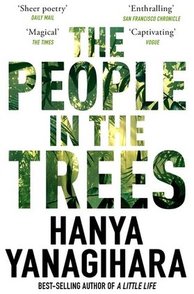
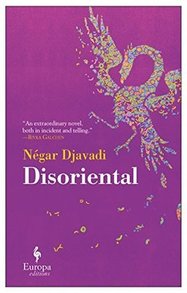
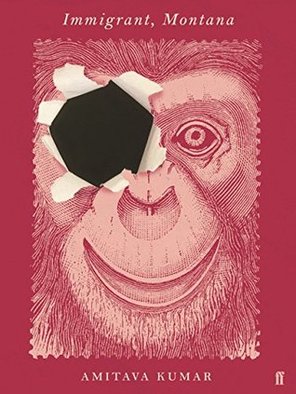


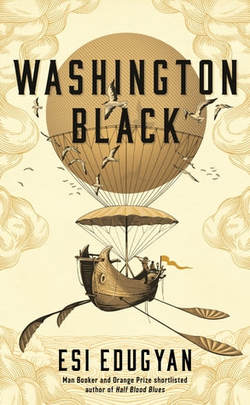






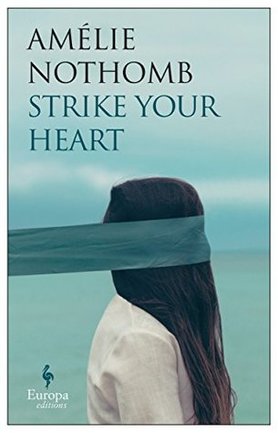

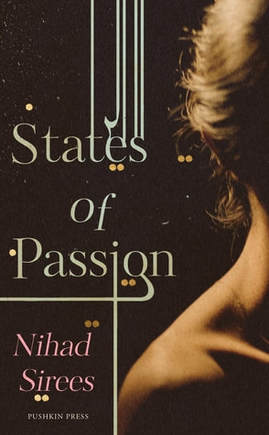
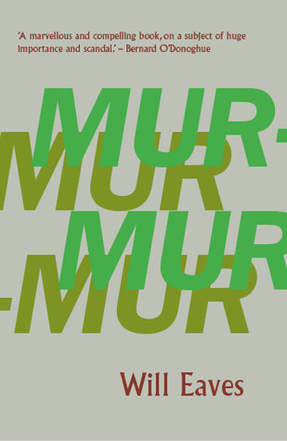
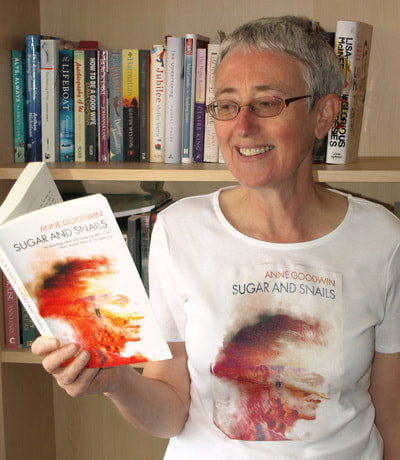





















 RSS Feed
RSS Feed





















